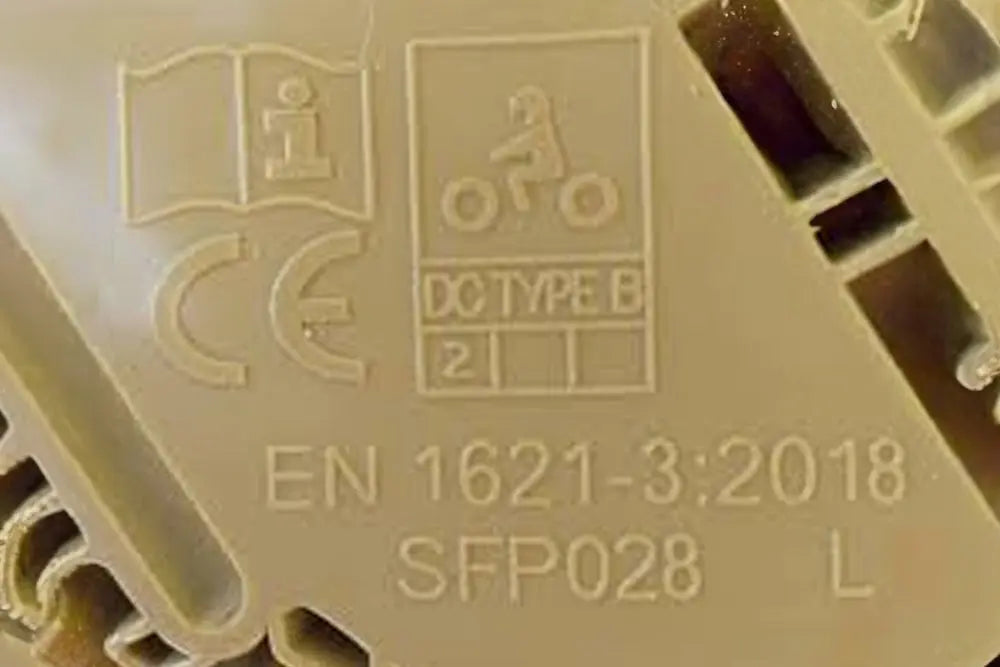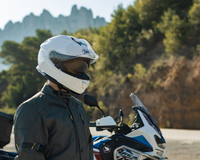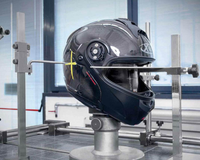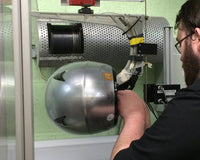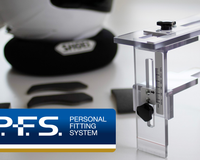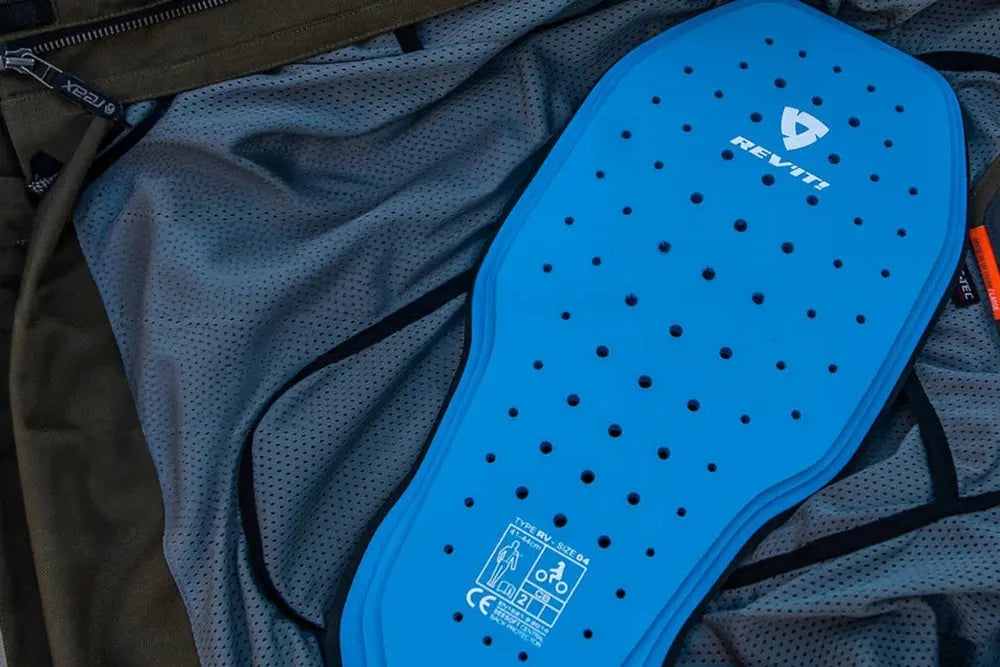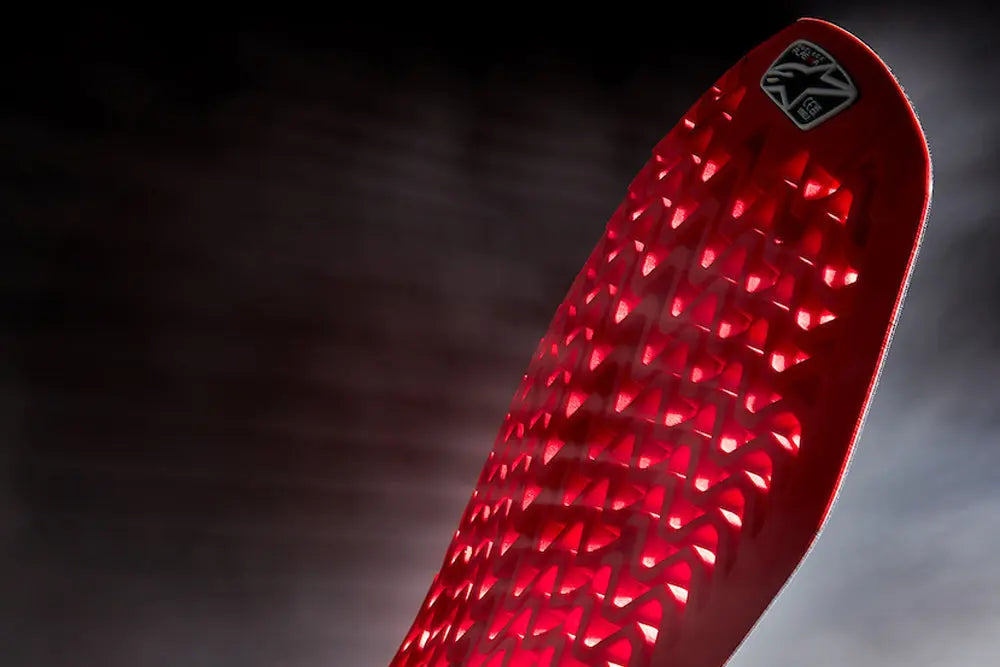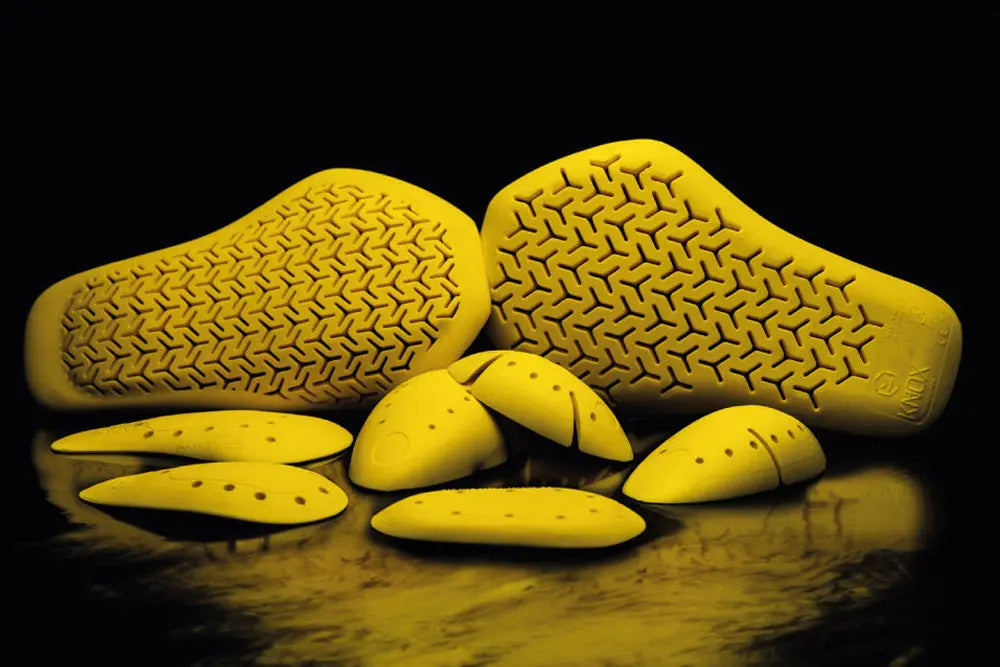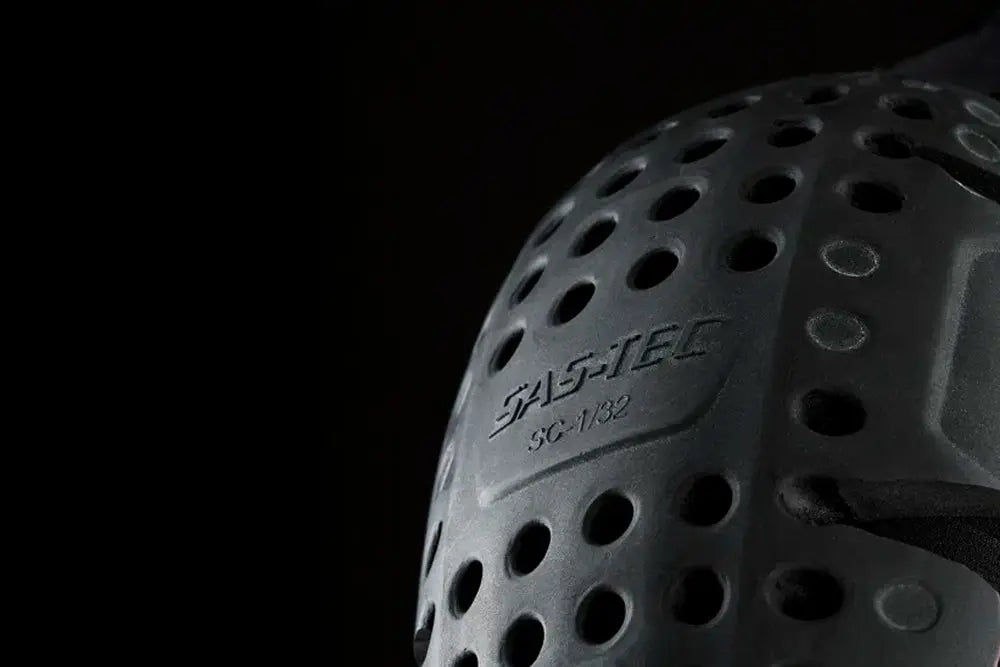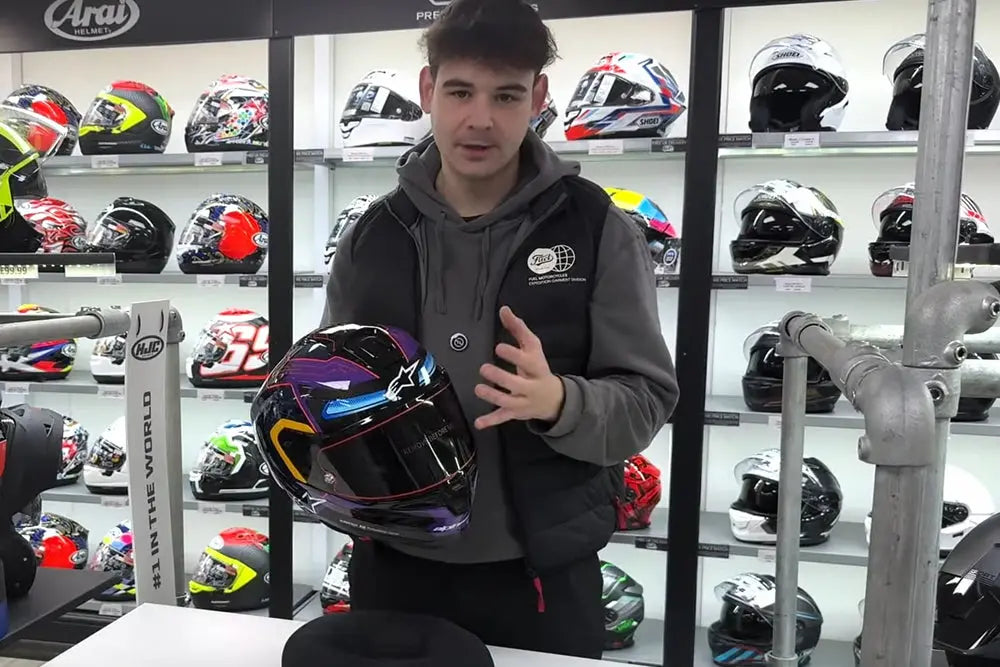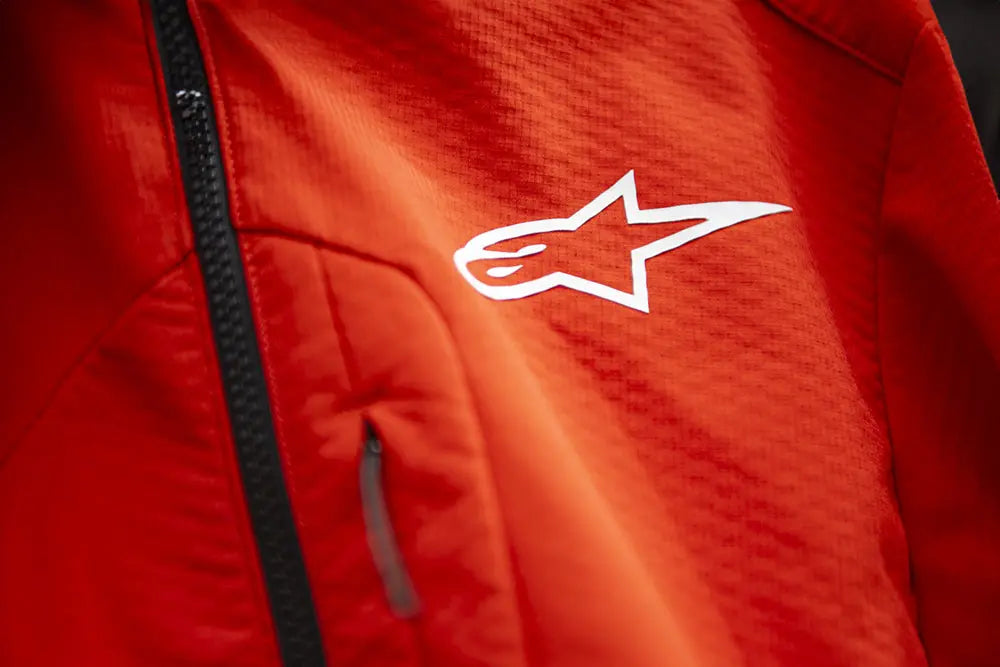At Moto Central, we believe in providing riders with the best possible protection, and one area often overlooked is chest protection. While motorcycle jackets, gloves, and helmets are standard gear for most riders, a certified chest protector can make a critical difference in safety. This brings us to EN 1621-3, the European safety standard for motorcycle chest protectors. In this article, we explore which brands use this standard, why they implement it, the benefits and potential drawbacks, and whether an EN 1621-3-certified chest protector is right for you.
What Is EN 1621-3?
EN 1621-3 is a European impact protection standard that tests motorcycle chest protectors to ensure they provide adequate defence against impacts. It sets out performance requirements to limit the force transmitted to the rider’s chest, helping to prevent serious injuries such as rib fractures, sternum damage, and organ injuries. The standard defines two levels of protection:
- Level 1: Allows a maximum of 18 kN of impact force to be transmitted through the protector.
- Level 2: Provides higher protection by limiting force transmission to 9 kN or less.
Many leading motorcycle brands integrate EN 1621-3 chest protection into their jackets, racing suits, or modular armour systems, ensuring riders get tested and approved safety equipment.
Which Motorcycle Brands Use EN 1621-3 Chest Protection?
Several well-known motorcycle gear manufacturers incorporate EN 1621-3-certified chest protectors into their products. These include:
- Alpinestars – Offers chest protection in their Nucleon range, designed for both road and track riders.
- Dainese – Uses EN 1621-3 protection in their Pro-Armor and Chest L2 protectors, often integrated into race suits.
- Forcefield – A specialist in body armour, offering EX-K and Pro XV chest protectors.
- Revit – Features EN 1621-3 protection in their SEESOFT and SEEFLEX series, designed for flexibility and airflow.
- Knox – Produces modular chest protectors that can be worn as part of a full-body protection system.
- Rukka – Integrates EN 1621-3 protection into high-end touring jackets for long-distance riders.
Why Do These Brands Use EN 1621-3?
Manufacturers adopt EN 1621-3 certification because it provides a recognised standard of safety that riders can trust. This certification ensures that chest protectors are:
- Scientifically tested: Undergo rigorous impact testing to prove their effectiveness.
- Consistent in quality: Provides riders with a benchmark for comparing different products.
- Widely accepted in motorsports: Many racing organisations require EN 1621-3-certified protection for track use.
The Benefits of EN 1621-3 Chest Protection
- Injury Prevention: Reduces the impact force on the ribs and sternum, preventing fractures and internal injuries.
- Lightweight & Ergonomic: Designed to be comfortable and non-restrictive for everyday riding.
- Breathability & Ventilation: Many models feature perforations or mesh to ensure airflow.
- Works With Other Armour: Can be combined with back protectors (EN 1621-2) for full upper-body protection.
Alternative Standards for Chest Protection
While EN 1621-3 is the primary certification for chest protection in motorcycle gear, there are a few alternatives that offer comparable protection:
- EN 14021 (Off-Road Chest Protection): This standard is commonly used in motocross and off-road riding. It focuses on stone and debris protection rather than impact absorption, making it less suitable for road crashes.
- Airbag Systems: Brands such as Alpinestars (Tech-Air) and Dainese (D-Air) offer airbag-equipped vests and jackets that inflate upon impact to provide superior chest and back protection. These systems often exceed EN 1621-3 protection levels.
- CE-Certified Body Armour (Non-Specific): Some motorcycle gear uses proprietary body armour that meets CE safety standards but does not carry the EN 1621-3 designation. These may still offer good protection but lack the official testing certification.
Should You Invest in an EN 1621-3 Chest Protector?
Although chest protection isn’t legally required for road riding, more riders are recognising the benefits of wearing an EN 1621-3-certified protector. Whether you are a daily commuter, weekend tourer, or track-day enthusiast, a high-quality chest protector offers peace of mind in the event of an accident.
At Moto Central, we stock a wide range of EN 1621-3 chest protectors from leading brands. Whether you’re looking for a standalone protector or one that integrates into your riding jacket, we have options to suit your riding style.
Explore EN 1621-3-certified chest protectors at Moto Central and enjoy free UK delivery on orders over £25 with a 365-day return policy for complete satisfaction.

